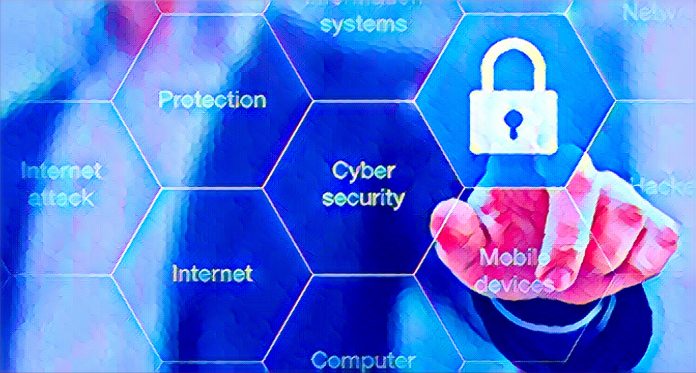The Federal Government of Nigeria has officially announced the suspension of a recently imposed 0.5% cybersecurity charge, following an extended meeting of the Federal Executive Council chaired by President Bola Tinubu. All banks, mobile money providers, and payment service providers were initially the focus of this levy, which was imposed on May 6, 2024 by the Central Bank of Nigeria (CBN), which demanded that a part of the values of electronic transactions be given to the National Cybersecurity Fund.
This tax was implemented by the Cybercrime (Prohibition, Prevention, etc.) (Amendment) Act 2024, which stipulated that it would be collected and sent to a fund overseen by the Office of the National Security Adviser. But the strategy soon generated a lot of public discussion and condemnation from different social groups, which led the administration to decide to reevaluate the situation.
In an address to reporters at State House, Minister of Information and National Orientation Mohammed Idris disclosed that President Tinubu has instructed the CBN to suspend the imposition of this divisive tax. Idris claims that the President’s consideration of the financial strains already experienced by Nigerians, as well as the public’s response, had an impact on this decision.
Minister Idris stated, “The topic was reviewed thoroughly during the Federal Executive Council meeting.” “The President has ordered a suspension of the levy while we reassess the modalities of its implementation, having listened to the people’s concerns.”
This announcement follows the House of Representatives’ request last Thursday for the CBN to withdraw its order mandating the levy’s immediate implementation. Widespread opposition to the implementation had been voiced by organizations representing civic society, organized labor, and manufacturing, among others. These organizations contended that the tax would increase the financial strain on a population already facing difficult financial circumstances.
Furthermore, given the nation’s current economic circumstances, international consulting company KPMG has voiced concerns regarding the timing of the levy’s adoption. In a similar vein, the World Trade Organization’s Director-General, Ngozi Okonjo-Iweala, has recommended that the Nigerian government simplify its tax system. While increasing taxes are not always bad, she stressed that they should not become an undue burden on the citizens.
Legal issues were also raised by the levy. In an attempt to stop the levy’s implementation, the Socio-Economic Rights and Accountability Project (SERAP), BudgIT, and other concerned parties sued the CBN. Organizational laborers have also expressed their displeasure, pointing out that consumers would probably be charged more for the levy’s increased expenditures, adding to the burden already placed on an already overworked labor force.



